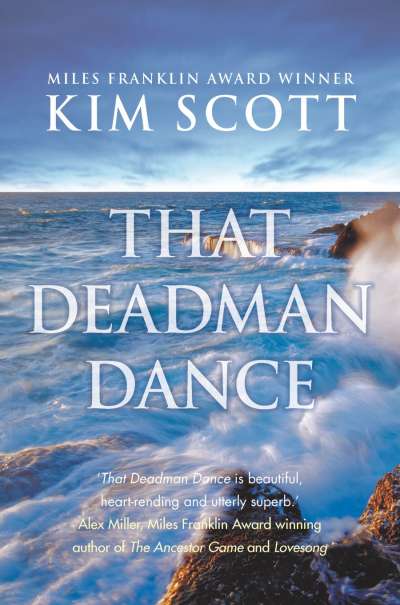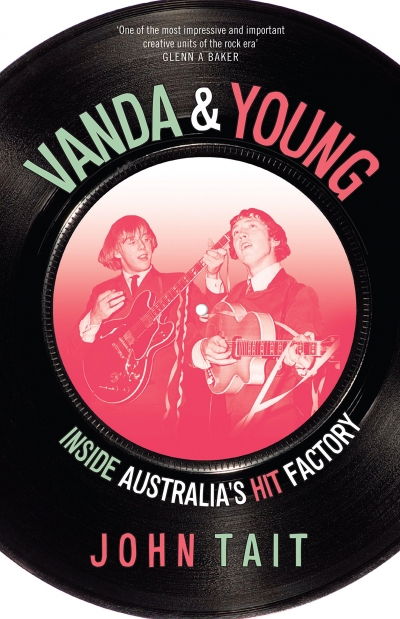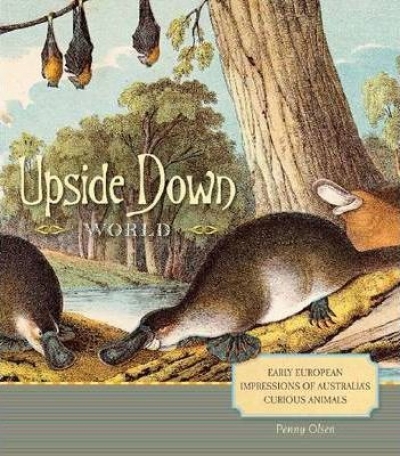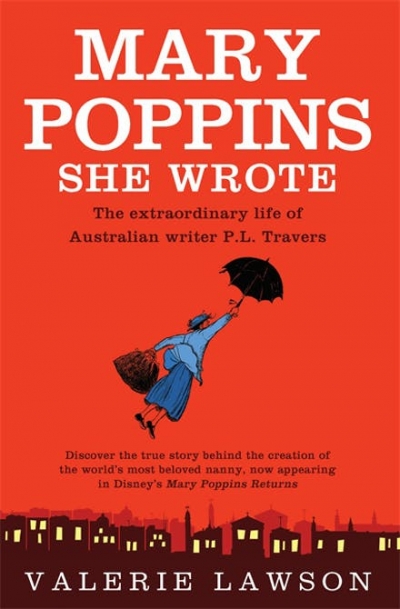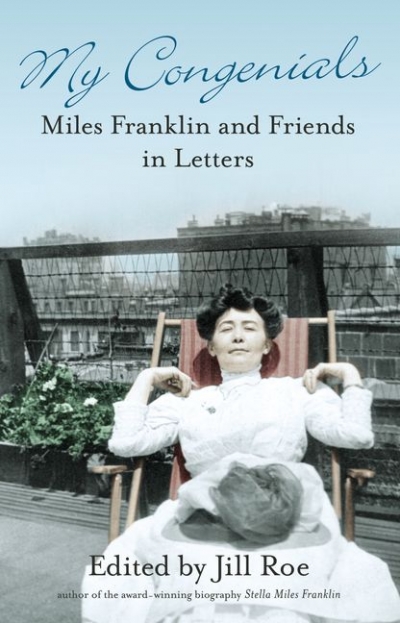Archive
Vanda and Young: Inside Australia’s Hit Factory by John Tait & Behind the Rock and Beyond: The Diary of a Rock Band, 1956–1980 by Jon Hayton and Leon Isackson
by Jay Daniel Thompson •
'Alpha and Omega' Nathan Hollier on the establishment of Monash University Publishing
by Nathan Hollier •
On 8 September 2010, in the foyer of the Robert Blackwood Hall at Monash University, beneath the beautiful ‘Alpha and Omega’ stained-glass window created by Leonard French and connoting humankind’s endless striving for achievement, Monash University ePress became Monash University Publishing. It was very appropriate that the press should be launched by B ...
Upside Down World: Early European Impressions of Australia’s Curious Animals by Penny Olsen
by Peter Menkhorst •
The Poor Relation: A History of Social Sciences in Australia by by Stuart Macintyre
by Frank Jackson •
The Possessed: Adventures with Russian Books and the People Who Read Them by Elif Batuman
by Alex Lewis •
Mary Poppins, She Wrote: The true story of Australian writer P. L. Travers, creator of the quintessentially English nanny by Valerie Lawson
by Lisa Gorton •
Stanley Melbourne Bruce: Australian internationalist by David Lee
by Peter Edwards •
My Congenials: Miles Franklin and friends in letters edited by Jill Roe
by Paul Brunton •

